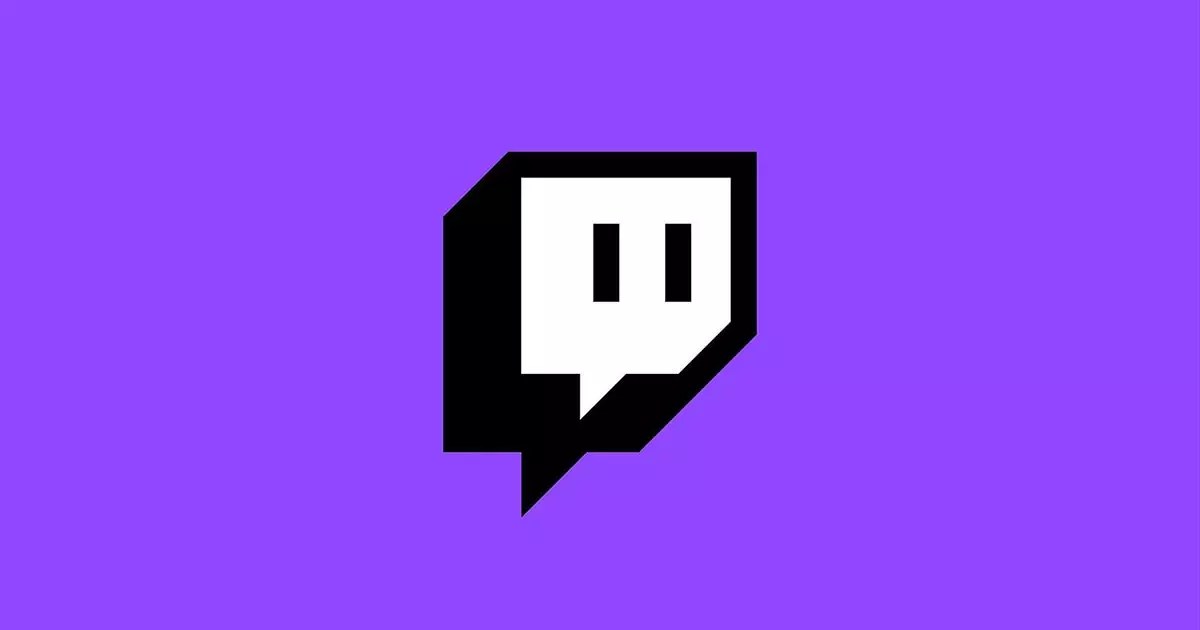The gaming world is no stranger to controversies, and the recent ban of popular Twitch streamer Asmongold, real name Zack Hoyt, adds yet another chapter to this ongoing saga. Hit with a two-week ban for expressing violent sentiments regarding the Israeli-Palestinian conflict, Asmongold’s situation raises more questions than it answers about the responsibility of influencers and the policies of platforms that serve massive audiences. In a digital landscape where opinions can shape perceptions and actions, how do we determine the limits of free speech, and what constitutes hate speech?
Contextual Backdrop: The Escalating Conflict
To fully understand the implications of Asmongold’s statements, it is critical to examine the historical context of the Israeli-Palestinian conflict. The events leading up to October 2023, including armed actions taken by groups such as Hamas and resulting military responses, have drawn international attention and condemnation. With thousands of lives affected and a backdrop of geopolitical tensions lasting decades, statements from public figures can resonate powerfully—propagating ideologies, inciting actions, or contributing to broader societal narratives.
In this landscape, Asmongold’s comments struck a particularly discordant note. Rather than contributing to a nuanced discourse, his statements reflected a reductionist view of the conflict, characterized by a blanket judgement of an entire culture based on specific actions. This not only represents a dangerous oversimplification but also constitutes a potential incitement of further misunderstanding and prejudice.
In a live stream, Asmongold made declarations that many perceived as dehumanizing towards Palestinians, stating, “They have genocide built into Sharia law right now.” Such statements exemplify a kind of cultural scapegoating that ignores the complexities of individual identities and shared humanity. By framing his argument in an absolutist manner, Asmongold positions entire populations along a binary of good and evil, a strategy that can have easily recognizable real-world ramifications.
Moreover, his insistence on claiming that he does not feel empathy for those suffering highlights a significant gap in moral understanding. Encouraging listeners to disregard the humanitarian crisis swirling around the conflict is not merely an act of insensitivity; it’s a reflection of a broader tendency to vilify the other, in this case, Palestinians, in the name of self-righteous indignation.
The platform’s response—albeit a temporary two-week ban—raises essential questions about enforcing community guidelines. While Twitch is within its rights to take action against hate speech, the adequacy of a two-week suspension for such inflammatory comments is debatable. Particularly when taken in the context of former President Donald Trump’s reinstatement on the platform, the message sent is one of inconsistent application of policies regarding hate speech.
The lack of definitive consequences could suggest that streamers with substantial followings might still escape significant repercussions for expressing dangerous ideas—in essence, providing a platform for hate while simultaneously offering a veneer of accountability. Many in the community have expressed dissatisfaction with Twitch’s handling of such matters, creating an environment where harmful rhetoric risks being normalized under the guise of free speech.
As a major platform for content consumption, Twitch is not merely an entertainment site; it serves as a pivotal town square for discourse among millions. Therefore, what occurs within its confines has broader cultural ramifications. Asmongold’s comments, which echo historical narratives used to validate violence against marginalized groups, are not isolated; they represent a strand of thought that can shape collective attitudes.
As streamers like Asmongold harness their influence, the patterns of language and imagery they employ can engender aggression against entire cultures, making discussions about accountability all the more crucial. Community leaders and influencers must confront the potential consequences of their speech to foster a more inclusive and respectful digital space.
Asmongold’s temporary suspension from Twitch should serve as a wake-up call—not only for him but for the entire ecosystem of online influencers and content platforms. The exchange of ideas must remain robust, yet it should never be at the expense of compassion for fellow humans. Navigating the complex intersections of free speech and hate speech is paramount, and a mere two-week hiatus can hardly address the systemic issues at play.
In a world increasingly divided by fear and animosity, it is vital for influential voices to weigh their words and adhere to a standard that promotes understanding and empathy rather than fostering division. The responsibility to communicate with sensitivity and care is not a choice—it’s a necessity for a healthier digital society.


Leave a Reply